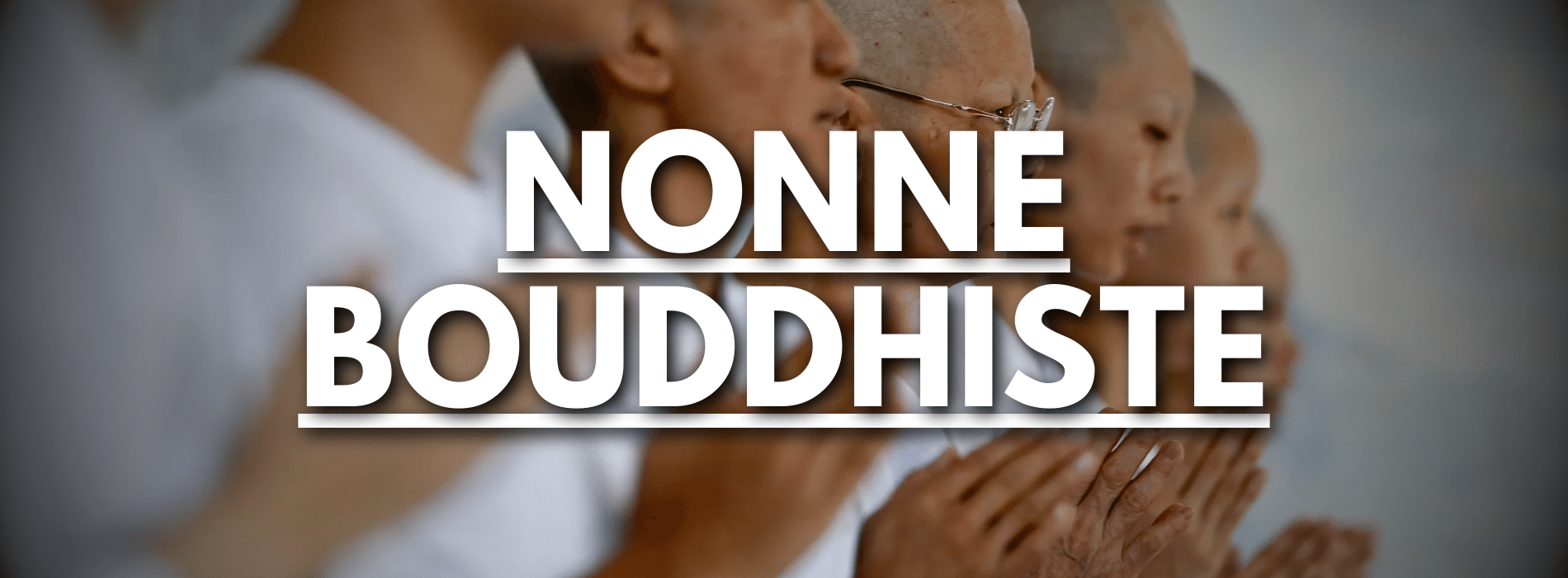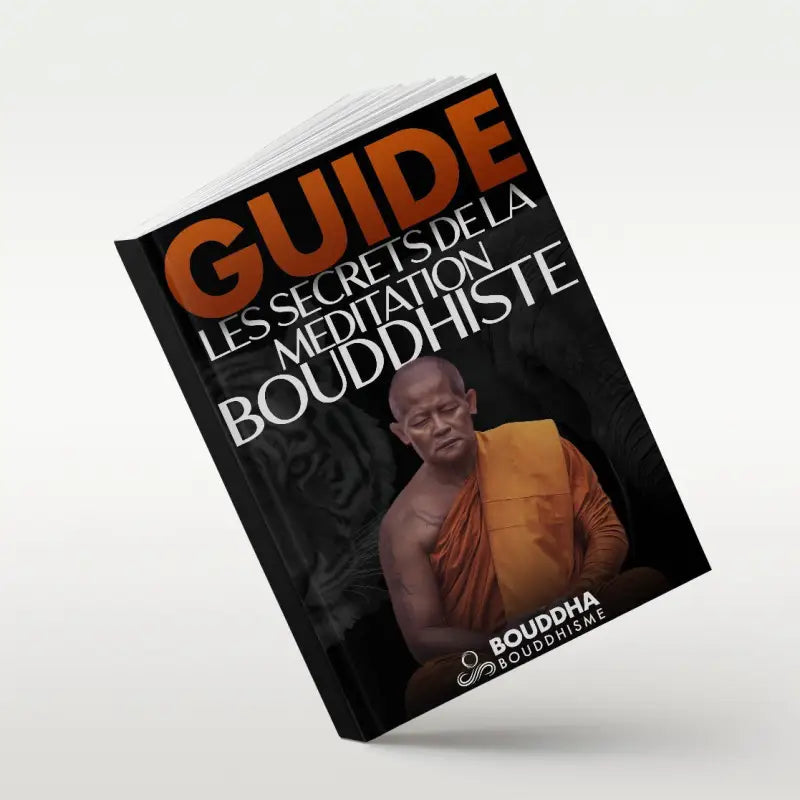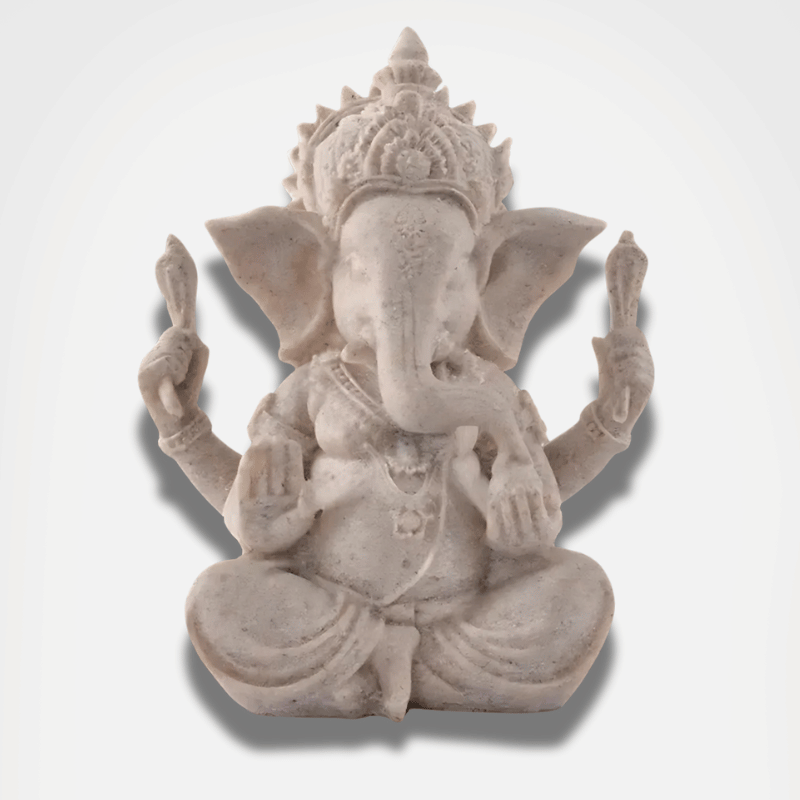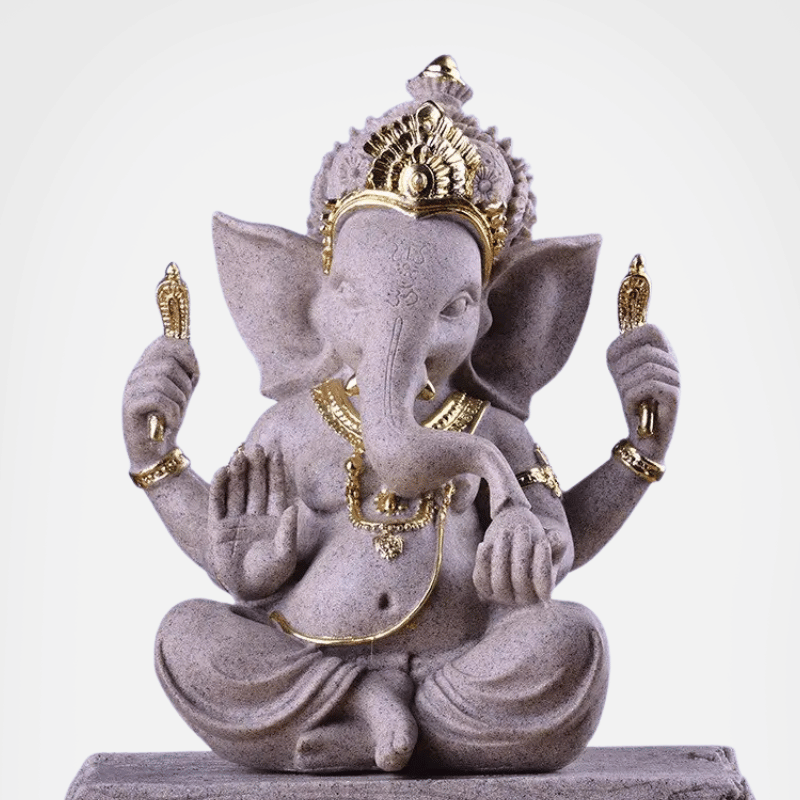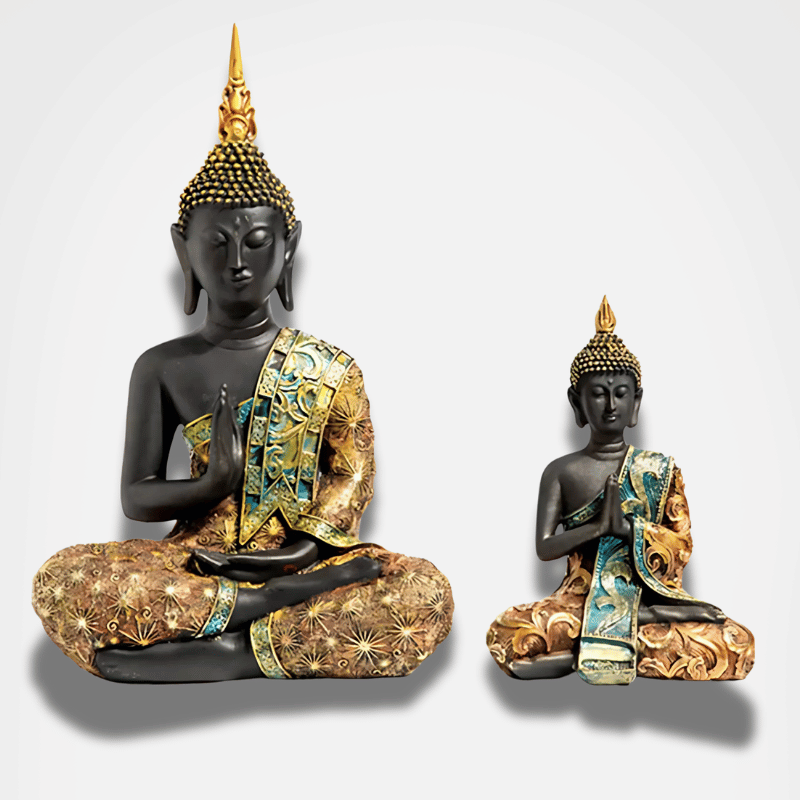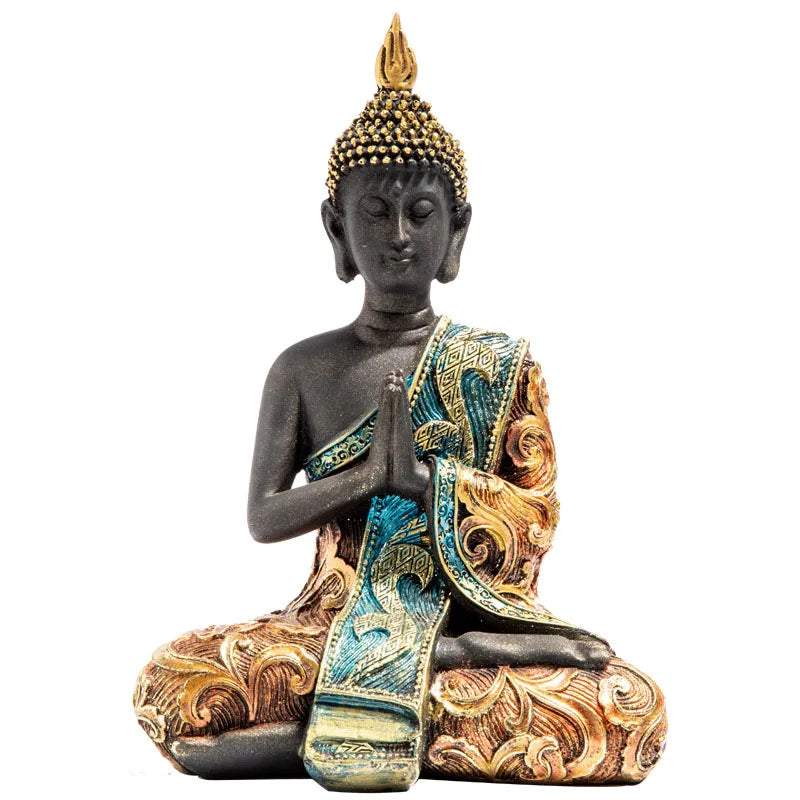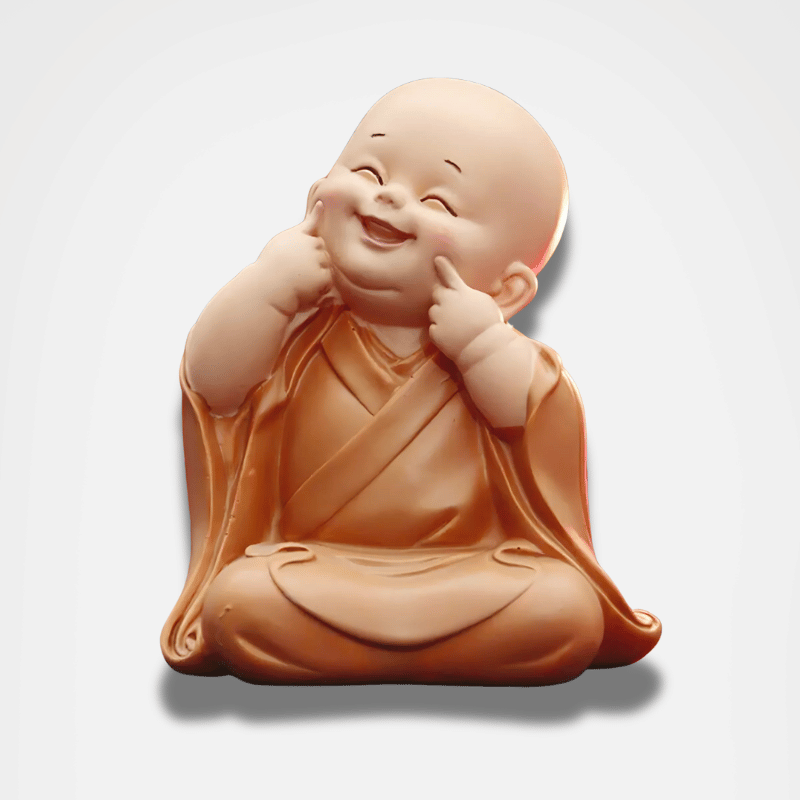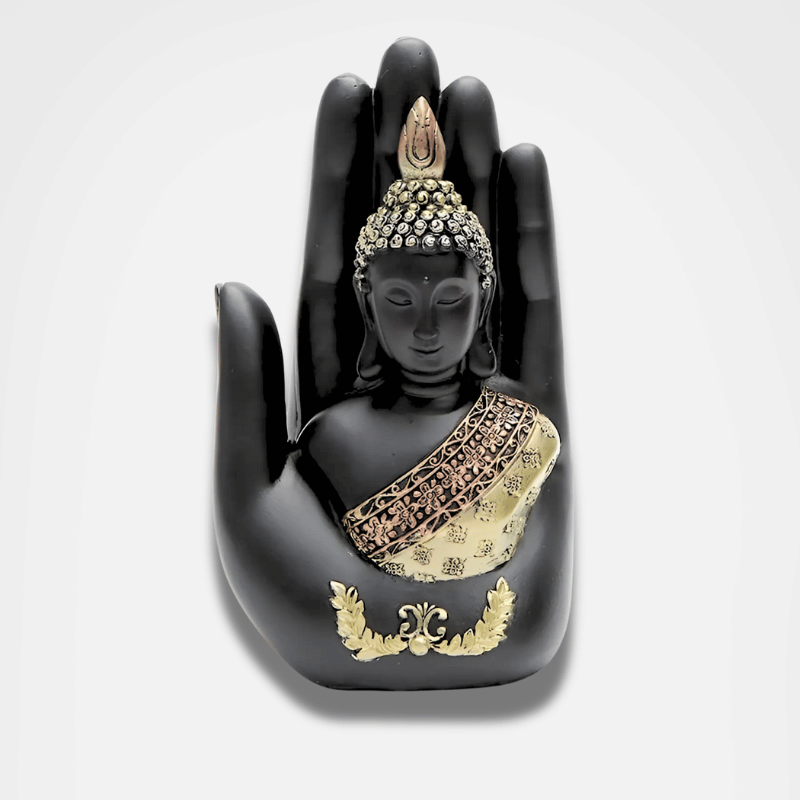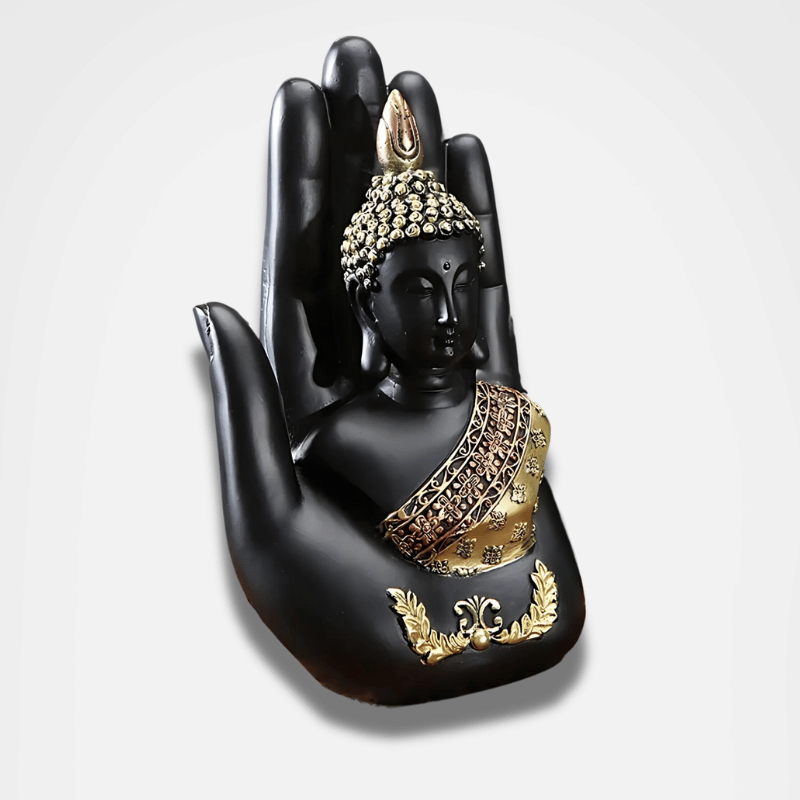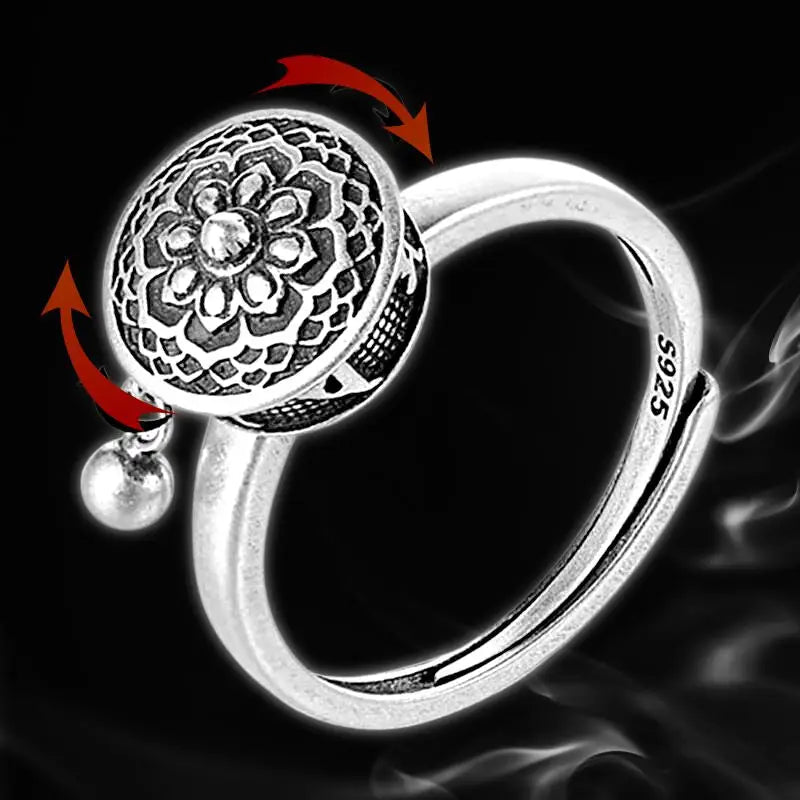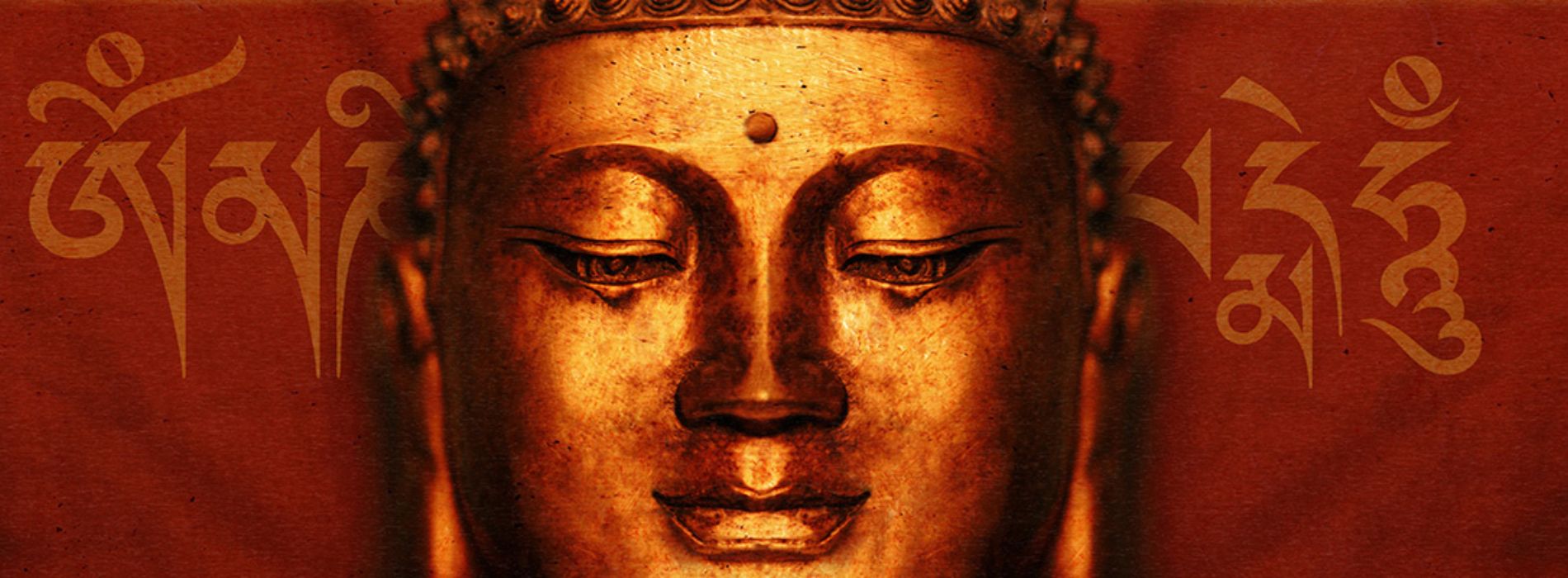The path to monastic life: Becoming a Buddhist nun
The decision to become a Buddhist nun is one of the most profound and engaging in an individual's life. It is a call to live according to the teachings of Buddha in a very direct and dedicated manner.
1. Understanding True Commitment
Before taking the vows, it is crucial to understand the magnitude of the commitment. This generally implies a renunciation of secular life and its pleasures.
2. Find a master or spiritual guide
An experienced master can guide you through the complexities of monastic life and help you deepen your understanding of Buddhist teachings.
3. Join a monastery or convent
It is usually necessary to spend time in a monastery or convent to acclimatize to monastic life before taking formal vows.
4. Receive preliminary training
Before taking vows, you will typically undergo training to familiarize yourself with monastic rules, meditative practices, and essential teachings.
5. Taking monastic vows
This is usually done in a formal ceremony where you commit to following monastic precepts and living according to Buddhist teachings.
6. Living the monastic life on a daily basis
This includes daily meditation, prayers, study of the sutras, and contributing to the monastic community.
7. Continue to learn and practice
Monastic life is a path of continuous learning. It is essential to stay engaged in study, meditation and practice to deepen one's understanding.
Conclusion: A life of renunciation and devotion
Becoming a Buddhist nun is a profound spiritual journey, requiring devotion, discipline and a sincere desire to live according to the teachings of the Buddha. It is a demanding path, but also deeply rewarding.
Common questions about being a Buddhist nun
1. What is the difference between a nun and a Buddhist nun?
Technically, a "nun" lives in a convent and follows a strict rule, while a "nun" might have a more flexible. However, in French, these terms are often used interchangeably.
2. Can I become a nun if I already have children?
It depends on the traditions and monasteries. Some may ask to ensure children are adults and independent before taking vows.
3. Is there an age limit for becoming a Buddhist nun?
Although it can vary depending on traditions, there is generally no strict age limit. However, some monasteries may have age restrictions for practical reasons.
4. Can one leave monastic life after becoming a nun?
Yes, if a person realizes that monastic life is not for them, they can return to secular life. However, this must be done carefully and often after consultation with a spiritual teacher.
5. Can Buddhist nuns teach and guide meditations?
Yes, many Buddhist nuns become respected teachers and guide others in their practice.

